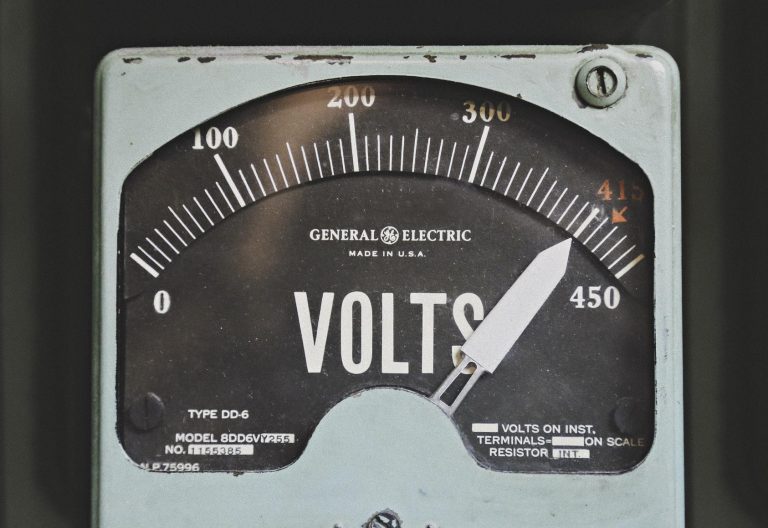January 17th starts Energy Saving Week, a campaign that inspires people to look at their energy usage and cut down to save on their bills. While saving energy can be done any time of year, winter is a great time to assess your usage as it’s the time that heating and energy are used the most.
Energy and power bills are some of the highest yearly expenditures for a household, so here’s some tips on getting the most out of your energy this winter, allowing you to cut back and save some money.
Double Glazing
Most UK homes already have full or partially double-glazed houses. Double glazing is paramount for insulation, which is the key to energy saving by allowing you to retain heat. This will mean less usage and a lower heating temperature as it won’t escape through any cracks in your house.
Make sure to invest in double glazing all the windows (and some doors) in your house if you haven’t already, and look into getting repairs or replacements if you notice a draught coming through even when they are fully shut.
Make Sure Your Boiler is Working Efficiently
The next best thing you can do besides insulating your house is making sure your appliances are working fully. Boilers are expensive appliances and so are heaters, so you want to get your money’s worth.
If you are having any boiler problems you can try resetting it, which usually consists of holding the reset button for 10 seconds, then waiting a few minutes for it to start up again. You may need to attempt this two or three times before confirming if you need further investigation.
There’s not a lot of boiler fixing solutions that you can do by yourself. You’ll need a Gas Safe Registered engineer for major issues, as gas is such a potentially dangerous substance to deal with if you don’t know what you’re doing.
Even if there’s no major noticeable boiler problems, you should regularly service your boiler every 12 months to make sure it’s working at full efficiency. Doing this will also keep your warranty valid, potentially saving you a lot of money, so search Google for a boiler service near me if you don’t already know any engineers.
Make Sure Your Other Heating Appliances are Working too
Check your radiators by feeling around for any cold spots. They may either have trapped pockets of air in the water, which you can bleed the radiator yourself to fix, or they’ll have a build-up of sludge which needs a professional to power flush away using special chemicals and equipment.
To bleed a radiator all you’ll need to do is turn off the heating, lay down a cloth for any water leakage and use the radiator valve key to loosen the valve. If the problem is trapped air pockets, you’ll hear a hissing sound.
Once the hissing stops, you can tighten up the valve once more and hopefully see an improvement in the evenness and dispersal of heat from your radiators.
Track Your Usage with a Smart Meter
If you don’t already have one, consider getting a smart meter installed so you can track your usage more accurately. This will give you more control of your energy expenditure by showing you how much electricity and heating you are using. It’ll allow you to see how much of a difference cutting back even slightly can make.
Electricity Usage
You can take simple steps to decrease your electricity usage by flicking off plug switches when not in use and turning off devices completely rather than opting for standby mode. This will eradicate any wasteful draining of electricity.
If you’re looking for alternative methods to warm yourself up rather than resorting to turning on the heating, you might be surprised to hear that electric heaters aren’t the best alternative.
In fact, if you used an electric heater every evening for at least four hours, it would total up to over £70 a month on the electricity bill. An electric blanket is a cheaper alternative, costing between £2.99 (most energy efficient) and £8 (least energy efficient) to run for two hours every day for six months.
Final Thoughts
Saving energy and money all comes down to making worthwhile investments (in insulation, making sure equipment is efficient) and small easy cutbacks (turning off plug switches and devices when not in use, trying lower heating settings, etc.).
With these techniques you should see lower bills, but if you’re still in doubt about your energy and heating, contact an expert for advice.

